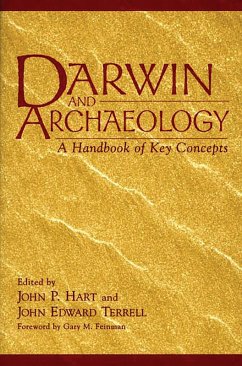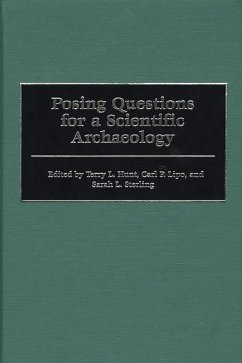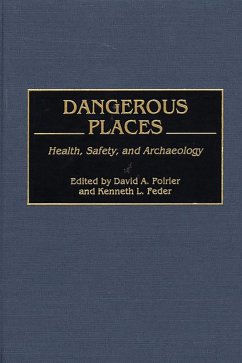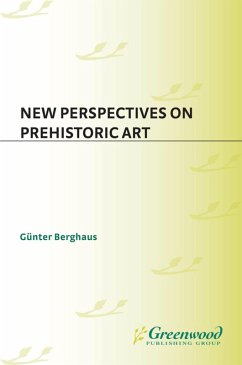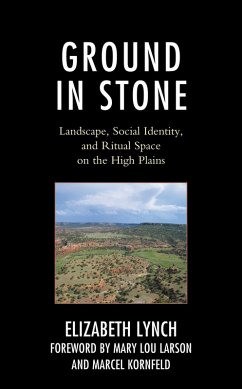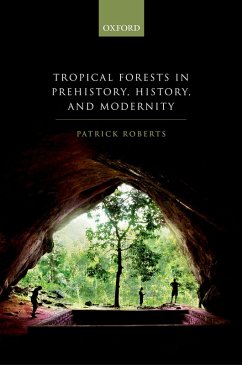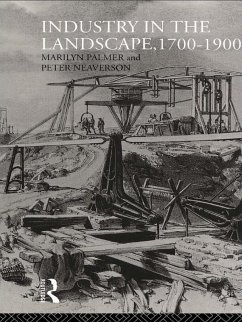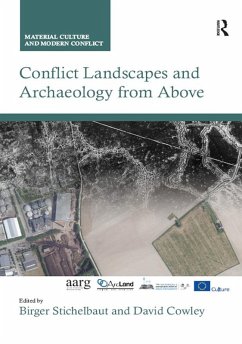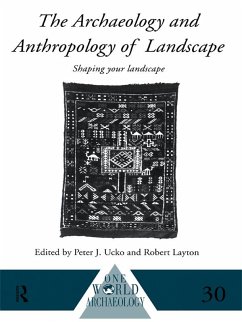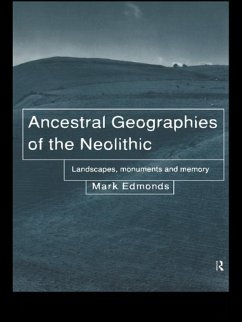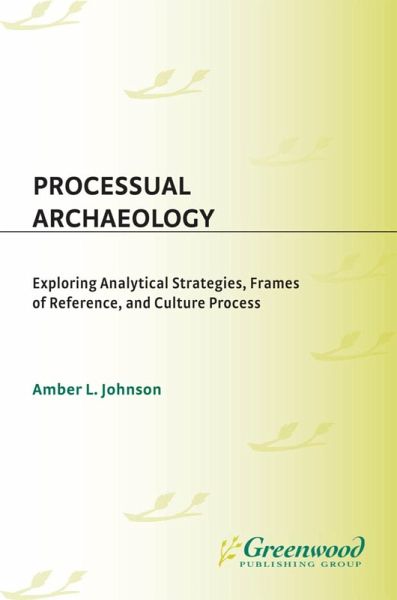
Processual Archaeology (eBook, PDF)
Exploring Analytical Strategies, Frames of Reference, and Culture Process
Versandkostenfrei!
Sofort per Download lieferbar
58,95 €
inkl. MwSt.
Weitere Ausgaben:

PAYBACK Punkte
29 °P sammeln!
Processual archaeologists seek to explain variability in the static archaeological record we observe in the present as a necessary first step toward learning how to learn about the operation of cultural dynamics in the past. The approach is a diverse and productive one that focuses on developing learning strategies. Researchers pursuing processual archaeology have already discovered a great deal about the archaeological record and about past dynamics, and there is a huge potential for building on the foundation laid thus far. The contributors to this volume provide clearly written research art...
Processual archaeologists seek to explain variability in the static archaeological record we observe in the present as a necessary first step toward learning how to learn about the operation of cultural dynamics in the past. The approach is a diverse and productive one that focuses on developing learning strategies. Researchers pursuing processual archaeology have already discovered a great deal about the archaeological record and about past dynamics, and there is a huge potential for building on the foundation laid thus far. The contributors to this volume provide clearly written research articles that are easily accessible to upper-level undergraduates and professional archaeologists. Although the papers do not focus on a single region, time period, or domain of observation (e.g. settlement patterns or lithics or site structure), they are integrated by shared goals for archaeology. This book clearly demonstrates that processual archaeology, far from having been replaced by post-processual archaeology, is becoming more and more powerful as our analytic sophistication and knowledge of the archaeological record grow.




